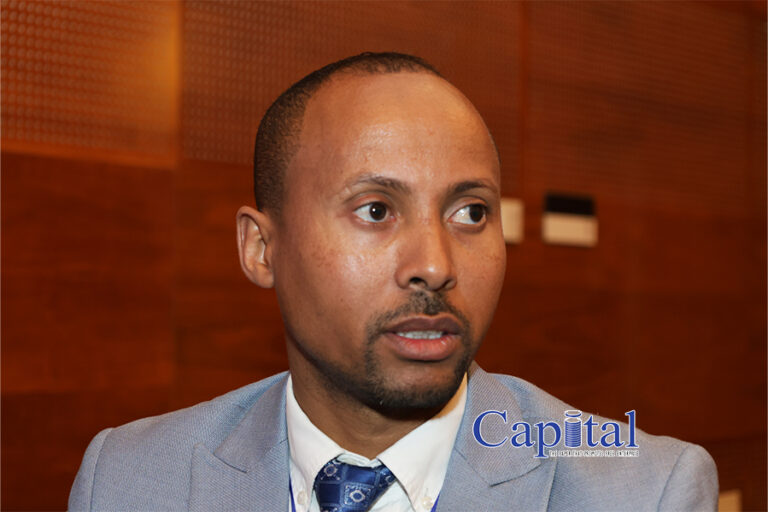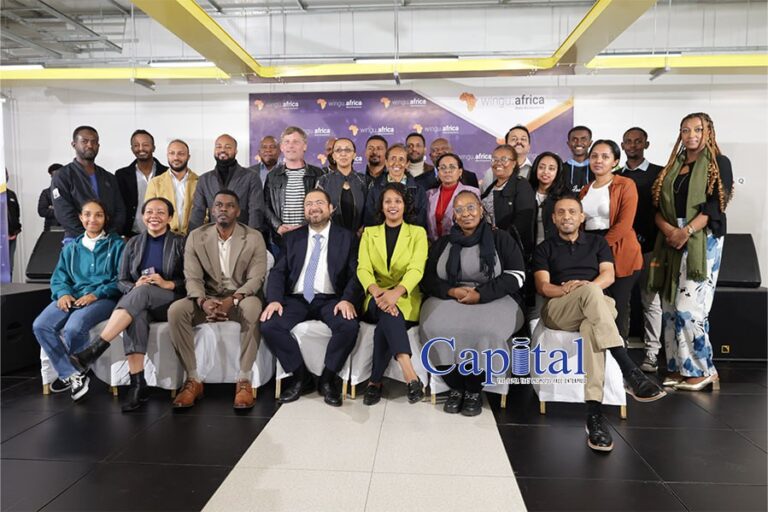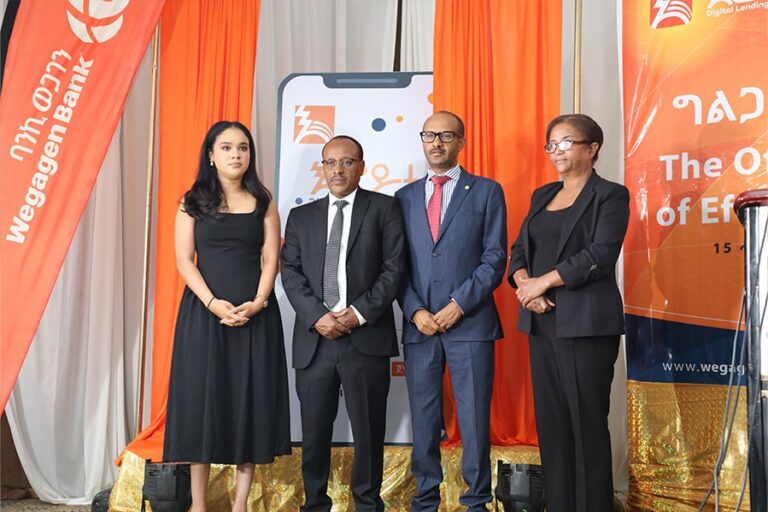The Ethiopian beverage industry is facing significant challenges due to new government taxes and regional state fees, creating a formidable burden on manufacturers. The additional financial pressures are threatening the stability of major players in the sector, including Coca-Cola and Habesha Beer.
The government has recently imposed a series of taxes on both soft drink and alcoholic beverage producers. Regional states have further complicated matters by introducing their own regulations and checkpoint fees, exacerbating the financial strain on companies.
Coca-Cola, a global leader in non-alcoholic beverages, has been particularly affected. According to Niguse Alemu, Director of Legal Communications for Coca-Cola Africa in Ethiopia, the company has seen a dramatic increase in costs associated with checkpoint fees. “Previously, we would pay an average of 5,000 birr per truck. Now, the fees have soared to between 30 and 50 birr per soft box,” Niguse explained.
The tax burden has increased with new fees becoming legally enforced rather than being paid voluntarily, as was the practice in the past. Niguse also noted that Coca-Cola’s extensive distribution network, which relies on 400 trucks, is now under severe pressure due to these rising costs. Additionally, the regional government’s recent imposition of more than 90,000 birr per truck in taxes is a sharp increase from previous levels.
Habesha Beer, another significant player in Ethiopia’s beverage market, is also struggling under the weight of these new regulations. Adane Teka, the Corporate Communications and Government Affairs Manager at Habesha Beer, highlighted how the increased checkpoint fees and regional taxes are impacting the company’s operations. “The higher costs are forcing us to raise product prices, which in turn affects consumer demand and our annual profits,” Adane said.
The situation is compounded by ongoing security concerns, which further hinder the industry’s ability to operate effectively. Security issues in regions like Oromia and Amhara have led to interruptions in production and distribution. For instance, Coca-Cola’s new factory in Sebeta, Oromia, and its modern facility in Bahir Dar, Amhara, are not operating at full capacity due to these security challenges.
The cumulative effect of rising taxes, regional fees, and security concerns is placing immense pressure on Ethiopia’s beverage industry. As the sector grapples with these challenges, there are growing fears that without significant intervention or adjustment in policies, many companies may struggle to sustain their operations.
The industry, which plays a crucial role in Ethiopia’s economy, faces an uncertain future if these issues are not addressed promptly. Both Coca-Cola and Habesha Beer emphasize the need for a more stable regulatory environment to ensure their continued success and contribution to the national economy.









